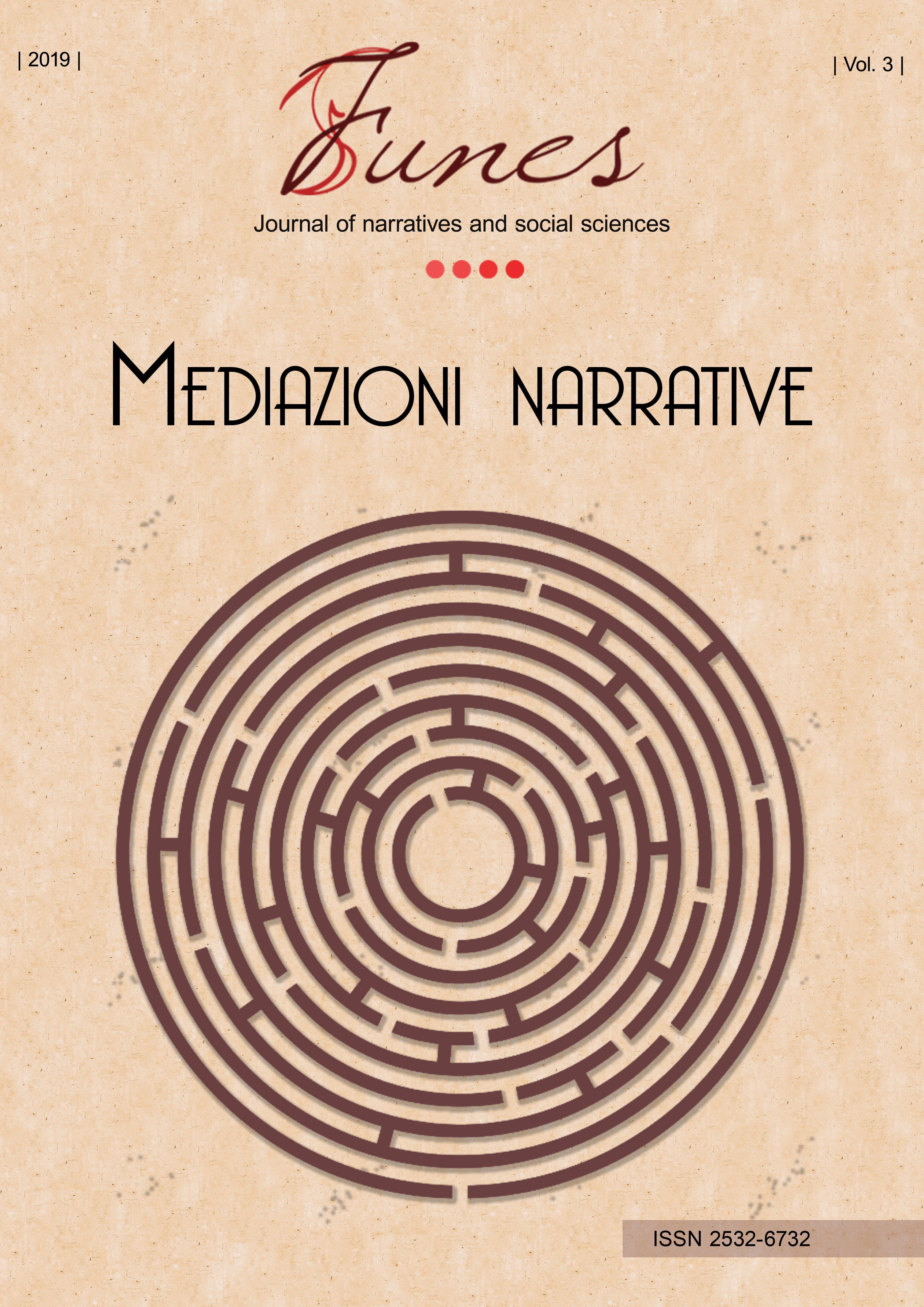Le game s’est fait vie. Sociologie de Black Mirror et post-sérialité télévisuelle
Abstract
The media has always been a complex and controversial system. From Lascaux caves to digital networks, from Sumerian clay tablets to the Canvas, they constitute both the landscape and the language of the human being: the symbolic territory that we inhabit and the word through which we express ourselves . The mediatization of the world and the globalization of the media, with the lot of accidents, confusions and convulsions they entail, urgently impose the definition of the present modalities of the interaction between communication and everyday life, objects and subjects, technical and culture, but also to apprehend possible malfunctions and the appearance of different forms from the one we knew and the one we expected. Did the media keep the promises of their premises or, on the contrary, betray their mission? Did their mirror break? If there is a text of cultural anthropology, mediology and sociology of the imaginary – a new narrative and audio-visual form – that must be examined to answer these fundamental questions, it is Black Mirror. The British TV series written by Charlie Brooker for Endemol plunges us even into the darkest and most morbid abysses of this problem.
